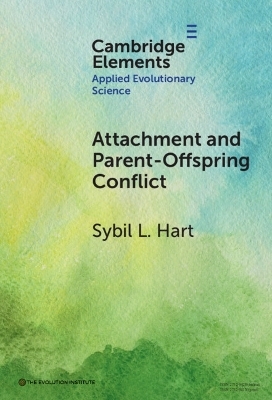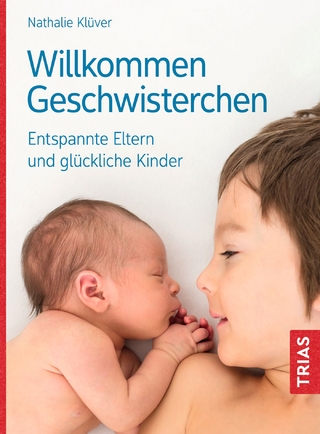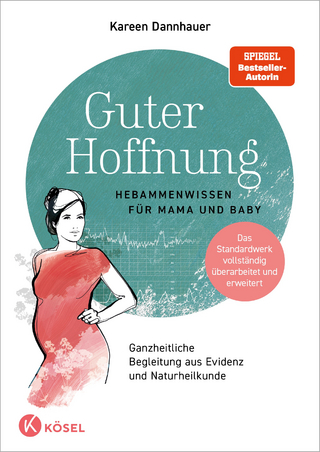
Attachment and Parent-Offspring Conflict
Origins in Ancestral Contexts of Breastfeeding and Multiple Caregiving
Seiten
2024
Cambridge University Press (Verlag)
978-1-009-48659-0 (ISBN)
Cambridge University Press (Verlag)
978-1-009-48659-0 (ISBN)
This Element shows the understanding of ancestral environments to address the origins of infant-maternal attachment as a species-wide affectional bond. Breastfeeding behaviors are governed by infant bio-behavioral maturation, resulting in platforms for interacting with mothers that differ from those for interacting with alloparents.
This Element builds on the mainstream theory of attachment and contemporary understanding of the environment of evolutionary adaptedness to address the origin and nature of infant-maternal bond formation. Sections 2 and 3 propose that attachment behaviors for protesting against separation and usurpation were compelled by infants' needs for close and undivided access to a source of breast milk, usually mothers, for three years to counter threats of undernutrition and disease that were the leading causes of infant mortality. Since these attachment behaviors would not have been presented unless they were compelled by maternal resistance, their arising is also attributed to parent-offspring conflict. Section 4 theorizes that the affectional nature of infant-maternal attachment originated within contexts of breastfeeding. Uniform and universal features of exclusive versus complementary breastfeeding, that could entail diverse experiences among multiple caregivers, may have shaped adaptations so that love relationships with mothers differ from those with nonmaternal caregivers.
This Element builds on the mainstream theory of attachment and contemporary understanding of the environment of evolutionary adaptedness to address the origin and nature of infant-maternal bond formation. Sections 2 and 3 propose that attachment behaviors for protesting against separation and usurpation were compelled by infants' needs for close and undivided access to a source of breast milk, usually mothers, for three years to counter threats of undernutrition and disease that were the leading causes of infant mortality. Since these attachment behaviors would not have been presented unless they were compelled by maternal resistance, their arising is also attributed to parent-offspring conflict. Section 4 theorizes that the affectional nature of infant-maternal attachment originated within contexts of breastfeeding. Uniform and universal features of exclusive versus complementary breastfeeding, that could entail diverse experiences among multiple caregivers, may have shaped adaptations so that love relationships with mothers differ from those with nonmaternal caregivers.
1. Introduction; 2. Evolutionary pressures during the first 1,000 days of life; 3. The attachment behavioral system and parent-offspring conflict; 4. The affectional nature of attachment; 5. Applications; Abbreviations; References.
| Erscheinungsdatum | 23.01.2024 |
|---|---|
| Reihe/Serie | Elements in Applied Evolutionary Science |
| Zusatzinfo | Worked examples or Exercises |
| Verlagsort | Cambridge |
| Sprache | englisch |
| Maße | 152 x 229 mm |
| Gewicht | 233 g |
| Themenwelt | Sachbuch/Ratgeber ► Gesundheit / Leben / Psychologie ► Schwangerschaft / Geburt |
| Geisteswissenschaften ► Psychologie ► Entwicklungspsychologie | |
| ISBN-10 | 1-009-48659-4 / 1009486594 |
| ISBN-13 | 978-1-009-48659-0 / 9781009486590 |
| Zustand | Neuware |
| Haben Sie eine Frage zum Produkt? |
Mehr entdecken
aus dem Bereich
aus dem Bereich
Achtsam sprechen in Kita, Krippe und Kindertagespflege
Buch | Softcover (2022)
Verlag Herder
18,00 €
entspannte Eltern und glückliche Kinder
Buch | Softcover (2024)
Trias (Verlag)
17,99 €


